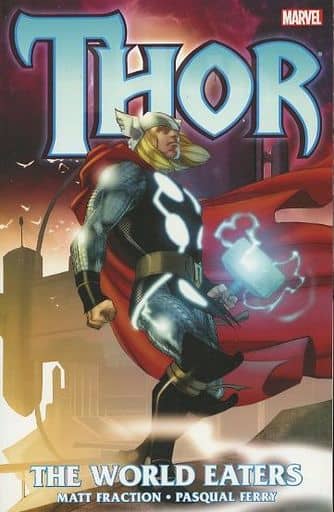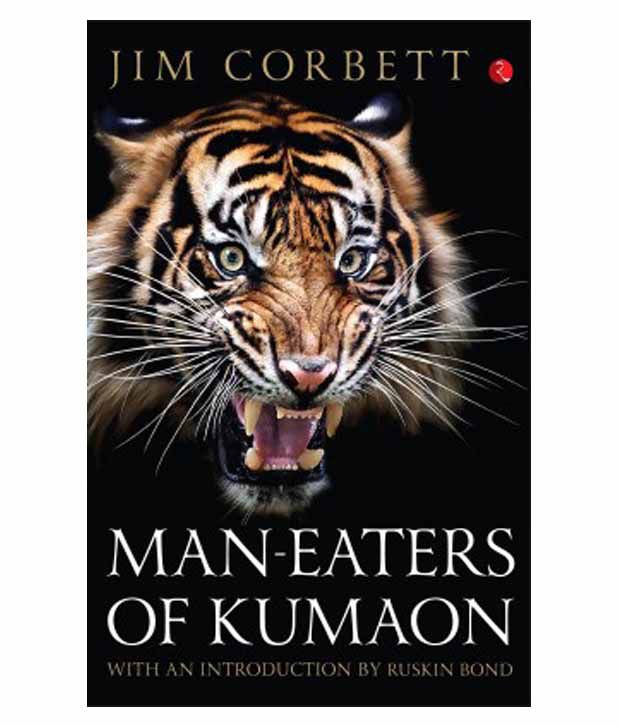
As the tale opens, Devon is on the run with her son Cai, a mind eater, and has to regularly supply him with victims to satisfy his raging hunger. To complicate matters further, some are born as mind-eaters, who satisfy their hunger not by eating books, but by sucking out parts of victims’ brains with their long, tubular tongues – and then absorbing the knowledge, memories, and even the speech habits of those victims, who are left nearly mindless. (One trade-off is that book eaters themselves are incapable of writing and are limited in imagination.) Though they’re clearly not human – they even dissolve into fluttering sheaves of paper when killed – no one knows their origin (although vague rumors of aliens are briefly mentioned).


In Dean’s case, these elements include escaping from a terrifying and repressive cult, the power of parental love, and a rather gruesome but original variation on the traditional vampire conundrum of finding something good to eat.ĭevon Fairweather is a book eater, a member of one of six ancestral families scattered across England whose peculiarity is that they possess extra sets of teeth specifically designed to chew up books, after which they somehow magically retain the contents, even if they haven’t actually read the books beforehand. Sunyi Dean’s The Book Eaters shares with a few other recent fantasies (Kelly Barnhill’s When Women Were Dragons is another) a central premise so defiantly absurd, so irreducibly strange, that its causes are barely even addressed, and the author’s self-imposed challenge is to embed it seamlessly into a tale with otherwise more familiar structural elements. Now someone has, and happiness has nothing to do with it.

In my distant youth, one of my favorite poets was Mark Strand, and one of his most widely reprinted poems began, ‘‘Ink runs from the corners of my mouth./There is no happiness like mine./I have been eating poetry.’’ It was a surreal and somewhat whimsical take on the idea of literature as consumer goods, but even at the time I wondered if you could extend that conceit into some sort of a fantasy narrative.


 0 kommentar(er)
0 kommentar(er)
